Frederica Freyberg:
I’m Frederica Freyberg. Tonight on Here and Now, we devote the entire program to a conversation with the candidates running in the April 2nd election for the State Supreme Court. I’ll introduce you to the candidates in a moment. But first, we want you to know that you can talk with each other, as well as Wisconsin Public Television and radio news staffers in our live, online chat going on throughout tonight’s program. Join in the conversation at wisconsinvote.org
There will be no conventional debate rules tonight. No opening and closing statements, or timed responses, just a conversation about what’s best for the highest court in the state, and who should be that court’s next justice. With just over three weeks until the spring election, we are very pleased that both candidates agreed to appear in tonight’s special program. The incumbent is Pat Roggensack, on the bench since 2003. Prior to that, she served two terms on the bench of the State Court of Appeals. Joining us from Milwaukee is Ed Fallone. Mr. Fallone has practiced law in both state and federal courts for 25 years. He currently is a Law Professor at Marquette University Law School. Welcome to you both.
Pat Roggensack:
Thank you, Frederica.
Ed Fallone:
Hi, it’s a pleasure to be here.
Frederica Freyberg:
I want to start first with you, Justice Roggensack. Why should voters vote for you?
Pat Roggensack:
I think they should vote for me because, of the two candidates, I have the better experience to do the work of Supreme Court Justice. Most of what a Supreme Court justice does, is decide whether another judge has properly and correctly applied the law under the facts of a particular case. I have been a justice and a judge combined for a period of almost 17 years. During that time, I have decided many, many cases. I’ve reviewed the work of many judges. Having done that kind of work, having done the work of reviewing judges, is a big part of what I do now, so I know where to look, I know where there may have been problems in the past decisions. I think that that’s very important to the justice, to the work of the justice. Also, I have very broad substantive law experience. Although the Supreme Court does not take a lot of cases, it does take cases from all subject matters that come through the courts, so it’s important to have familiarity with things like child support, Worker’s Compensation law, criminal law, public records law. The court takes all different types of issues. That’s very important, and I have that broad experience.
Frederica Freyberg:
Mr. Fallone, why are you best to serve?
Ed Fallone:
Well, I’m best to serve because I have a broad legal experience across many areas not currently represented on the court. First of all, for the last 20 years, I’ve been a constitutional law scholar and professor. I’ve been also an expert in corporate law and criminal law, in particular, an expert in corporate crime. Some of these are areas that the current members of the court don’t have expertise in. I think importantly, as a law professor, I train the next generation of prosecutors, judges and lawyers in ways that the courts have gotten things right, and ways they’ve gotten things wrong. I’ve also got practical experience, working on issues relating to access to justice for working families, both with the State Bar and as a leader in two non-profit organizations that were trying to help working families get affordable legal representation, which is a problem in our court system today. I think also what makes me the correct candidate for this moment in time, is I take seriously the issue of the dysfunction on the court, and the question of whether our State Supreme Court is functioning properly, and I take seriously the issue of campaign contributions and the impact they’re having on our judicial elections. I would absolutely take steps as a sitting justice to resolve these situations.
Frederica Freyberg:
We want to get to some of these issues, including the first that you mentioned, the function, or as some regard it, the dysfunction of the high court. The 2011 physical altercation between Justices Prosser and Bradley resonates in this election for what it says about how the current court gets along, it seems to us. Justice Roggensack, you attempted to resolve this issue by extending a written apology to the public at large, but other justices reportedly did not go along with that. Describe why you wanted to ask as you wrote, “The pardon of the people of Wisconsin?”
Pat Roggensack:
Well, I think that the court owes the public an explanation and a recognition that what occurred in June of 2011 was totally inappropriate, and that the public has a right to expect of us, conduct that’s commensurate with the offices that we hold. Now, we can see, with so many justices recusing, because they’re material witnesses, and are required to recuse by the statute, and also by the common law that requires every person have a fair and impartial judge, that the matter with the Judicial Commission was not going to be a finalizing matter for this issue. So the court needs to take it on itself. Last summer, when I had more time, because the court wasn’t actively hearing cases, I did a lot of research in the inherent authority of the court, to see what we might be able to do to mend the damage that’s been done to the court as an institution. Because that’s what concerns me the most. When I wrote the letter and gave it to my colleagues, it was one we all would sign, and the chief justice would’ve read it from the bench the first day of this term, but I did it to try to start a conversation among the seven of us about this. It didn’t have to be my letter. But I think that the court owes the public an explanation and an acknowledgement that that conduct was wrongful, and we all know it was.
Frederica Freyberg:
Ed Fallone, what’s wrong, in your mind, with Justice Roggensack offering such a letter?
Ed Fallone:
Well, what’s wrong is that we have procedures in place for the discipline of sitting judges. We have an independent body, the Judicial Commission, that is charged under the law with investigating and prosecuting cases. We have procedures in place, whereby a panel of appellate judges is appointed, and then the Supreme Court reviews their recommendations. And what happened is that, I think unnecessarily, Justice Roggensack recused herself. In the statute, Wisconsin Chapter 757, does not require recusal in disciplinary proceedings. We’re left in a situation where without a quorum, the official procedures couldn’t go forward, and there’s no accountability, and we’re stuck in limbo. The letter, an apology, which deems a physical altercation to be inappropriate, that doesn’t name any particular justice, that doesn’t assign any responsibility, is a poor second best. Moreover, the inherent power of the court that Justice Roggensack talks about, this vague and inherent power, unbounded, undefined, it would contravene the Wisconsin Constitution, which clearly states if there’s going to be any censure, reprimand, or discipline of a judge, it has to be pursuant to procedures adopted by the Legislature. The court can’t, on its own, come up with this alternative. So I think we’re left in a situation where because of the recusals, we’re stuck in limbo. I just think it was a mistake, and the public wants accountability for what happened.
Frederica Freyberg:
Let me go back to you, Justice Roggensack, and ask you about this inherent authority to discipline your own members. What exactly does that mean to those of us at home?
Pat Roggensack:
Well, the court has the inherent authority to do what is necessary to its functioning, and it’s not just in this particular area. Now, the inherent authority of the court does have some limits. The Wisconsin Constitution sets out how you would remove a justice. So, you can’t contravene what the constitution says. But it doesn’t say anything about doing what I suggested, which is to hold people accountable by publicly acknowledging that what occurred was wrong, and then also offering the public an apology. We have a lot of repair work to do for the court as an institution. That’s what I was trying to get started, trying to get a discussion among my colleagues. Right now, I’ve just been too busy to keep at it. I tried to have it occur in September when we came back, of 2012. When this election is concluded, I will try again, to get the court together, to sit down and talk about this, and how we might make amends, really, with the public for what’s happened.
Frederica Freyberg:
Mr. Fallone.
Ed Fallone:
I really disagree here, because I think that we had normal procedures in place, and I think that derailing the normal procedures actually contributes to the cycles of hostility, recrimination in their will that as Justice Michael Gableman said, continue to plague the court. We have an independent body, the Judicial Commission, that was charged with investigating and bringing the charges. So, to subvert that process, and instead replace it with the justices themselves, behind closed doors, coming up with some kind of vaguely worded letter, “mistakes were made,” kind of passive voice, not assigning any responsibility, I think that that itself contributes to the problem.
Frederica Freyberg:
I want to go ahead and speak to the broader issue of recusals. Justice Roggensack, what is your position on when and why a justice should decline to participate in a particular case?
Pat Roggensack:
Well, there are a number of different provisions that require recusal. But to just respond very briefly to Professor Fallone.
Frederica Freyberg:
Go ahead.
Pat Roggenack:
Every person deserves a fair and an unbiased decision maker, in every matter on which they are judged. Separating Justice Bradley and Justice Prosser, physically with my own body, was very upsetting to me personally. I am not a fair and unbiased decision maker that should decide that case. So, I hold myself more accountable than perhaps you would like to, but I do.
Frederica Freyberg:
On the matter of recusals more broadly, when and why should a justice decline to participate in a case?
Pat Roggensack:
Well, 757.19 is a statutory provision that has many different times when you’re expected to get off the case. The Legislature has a number of provisions that if you fit within them, you’re to get off. The last section of that statute is if it appears you can’t be reasonably, be a reasonably fair and impartial justice, then you should get off. So that’s one section. There are also sections in the Supreme Court Rule, again, most of them are based on objective findings. If you fall within the description of the statute, you’re expected to get off. The last one is subjective on the statute, so it has to do with if you perceive that you cannot be fair and impartial, you should get off. I think there are a number of times when my colleagues get off of cases that don’t fall within the rules, just because they want to be sure that they appear to be fair and impartial. There are times when they stay on cases when someone else might think they should get off. So, it’s a very individualized determination.
Frederica Freyberg:
Given that it’s an individualized determination, Mr. Fallone, what is your position on recusals, and why is this important to the public at large?
Ed Fallone:
It’s a very important issue. It’s an issue that has divided the court, and has contributed to its dysfunction. Absolutely what matters here is the perception of justice on the part of the public, the feeling of litigants, people before the court, that they are being treated fairly, and that judges are not biased against them. If someone loses a case, and they walk away from the courthouse, they should walk away feeling that nonetheless, they had a fair hearing and the judge was not biased. But one big issue is campaign contributions being allowed, that are made by an opposing party. If someone has lost a case and they learn that the opposing party had contributed to the campaign committee of the judge that heard the case, they’re going to doubt whether they really did get a fair and unbiased hearing. And that’s a problem. Unfortunately, Justice Roggensack defended, supported the rule, the change in the rules, that opened the door wider than ever to special interest money and campaign contributions being made, not only by lawyers and parties with a case already pending before that judge, but also prevents an opposing party from seeking the recusal of the judge, asking the judge to step down, solely because of the significant campaign contributions made by the other side. I think that that contributes to the feeling that we have in a sense “legalized bribery,” as the Capital Times put it. And it certainly creates a perception on the part of the public that justice is for sale in Wisconsin. So that’s why I’ve said, on the court, I will work right away to repeal that change and restore the prior rules.
Frederica Freyberg:
I want to cut in just a moment, Mr. Fallone, and ask Justice Roggensack if you in any way want to respond to what he’s just said?
Pat Roggensack:
Yes, I do. First of all, he’s not well informed about the rule that we passed last on recusal being a change in the rules. It was a clarification in the rules that was consistent with a motion to have a case where Justice Butler participated re-heard, and have him removed by the court, that he should’ve been self-disqualified as a matter of law. The only thing that Justice Butler did was to take a lawful contribution. The lawful contribution was from one attorney that had a case pending before him, and from some members of a board of directors of a company. The court decided, as a whole, that accepting a lawful contribution, if there was nothing else, and there was never any quid pro quo, you know, argued that somehow Justice Butler gave a favor for the contributions that were made, nothing at all like that. It was simply a lawful contribution. The court decided that there was no reason for him to get off the case. The rule that we enacted that Professor Fallone speaks of is just a clarification. It says, solely a lawful contribution is not sufficient to require a justice to recuse. All it was, was a clarification of what we said in Justice Butler’s case.
Ed Fallone:
I’m afraid that that’s not accurate. The Donahue case was not the initiative here. We had dueling rules petitions. One from the League of Women Voters, that would’ve capped the amount of permissible campaign contributions, and said if the judge had received above that amount, the judge would have to recuse himself, and one that was drafted by Wisconsin Manufacturers and Commerce, with a parallel one from the Wisconsin Realtors Association, which essentially said unlimited campaign contributions cannot, by themselves, or the campaign contributions cannot by themselves, no matter what the size, lead to recusal. What happened with the rule change is that, not that it requires automatic recusal of a judge who got campaign contributions, but the issue is, foreclosing, even the raising of the issue of the size of the campaign contributions, that’s what opened the door wider than ever to special interest money. That’s the change that I would change.
Frederica Freyberg:
So, you are both accepting campaign contributions from lawyers and special interests that will have a significant financial interest in some cases that the court will hear in the next ten years. If elected to the court, how will you demonstrate that you will not be influenced by that campaign money. First to you, Justice Roggensack.
Pat Roggensack:
Well, I have a compliance team as part of my campaign. We have kept track of every person who has a case pending, every lawyer who has a case pending, so that we can track their contributions. I won’t participate, if the contribution is above what I think is something that might give the public pause. You know, there’s a $10,000 limit on contributions from individuals, and about $8,625 from a PAC. So, my thoughts are much below that. But I’m going to look and see. I know when Chief Justice Shirley Abrahamson ran, she had a $1,000 seemed to be the limit. She had, I think, a lot of $8,625s from PACs. So, that looks like it might be a good benchmark. But we are keeping track of all of that. If, in fact, anyone of the people that are currently pending, or people that come before the court later, we have a fully alphabetized, cross-referenced list, so we can check exactly and see what comes in. And if I believe that the amount was significant enough to give the public concern about my fairness on a case, I won’t be participating.
Frederica Freyberg:
Mr. Fallone, same question to you. How would you demonstrate that you would not be influenced by that campaign money?
Ed Fallone:
Well, I think you demonstrate that, first of all, by changing the rule to make sure that any party before you, who feels that you might be influenced by a campaign contribution that you have received by their opponent or their lawyer, has the ability to make a recusal motion before you, asking you to step down because of that, and solely because of that. If we could change the rule, I think that would demonstrate, first of all, my commitment to keeping the special interest money at by. Then, secondly as Justice Roggensack says, if the size of the contribution is significant, then I think it is appropriate for the judge to step down, because what matters here is the perception of the public. And trying to argue that there’s no proof that you might be influenced, or there’s no evidence that you’d be influenced, I think is entirely beside the point. We have to keep maintaining the public’s faith in the integrity of our judicial system.
Frederica Freyberg:
Speaking of public perception, it seems that this court is at least “publicly regarded” as a partisan, as opposed to a non-partisan court. It’s members split along partisan political lines, with a 4-3 conservative majority. Justice Roggensack, do you think that’s an unfair characterization of the court?
Pat Roggensack:
Yes, I do, Frederica. You know, last year, we decided either 58 or 59 cases. Of those civil and criminal cases, only four were 4-3 decisions. Of those four, only three were what is often characterized as the conservative majority and the liberal minority. So, the perception doesn’t really match the facts.
Frederica Freyberg:
Mr. Fallone, this question to you. Would you tip the political balance of the court to the left?
Ed Fallone:
I don’t think I would tip the balance of the court one way or the other. I like to think that if there’s a 4-3 divide on the court, that once I’m elected, it’ll be 3-3 and one. I am absolutely independent of any group, and I think I’ve demonstrated over my 25-year legal career, and certainly the last 20 years as a law professor in my scholarship, and in my public speaking, that I approach issues independently, with an open mind. I think that’s one reason why my campaign has received so much support. People do perceive the court as currently divided on partisan political lines, and I think that that’s a result of the dysfunction on the court. People view the disagreements as being motivated by political ideology, and I think settling the disagreements, ending the dysfunction, restoring some civility to the court will go a long way toward reassuring the public.
Pat Roggensack:
I’d like to respond. You know, Professor Fallone, I take issue with your attacks on the court. If you want to attack me personally, well, we’re opponents in a race. But you’re attacking the court. The court is not up for re-election. One justice is. Pat Roggensack. What you are doing is throwing, is throwing dirt, throwing injury on top of the court. The court needs to right itself, and the way you’re conducting your campaign is a totally negative campaign. You don’t lead by negativity. You lead with positives. And I really take issue with that. Secondly, the court is not dysfunctional. We are getting our work out. We’re doing a good job on the cases that we have. This campaign, there’s been a huge attempt by you, just to shift the focus away from what the real issue is. The real issue is, who has the better experience, you or me, to do the work of a Supreme Court justice. That’s the issue in this campaign. It is not…
Ed Fallone:
Justice.
Pat Roggensack:
The court, as your trying to make it out, because the court is not up for re-election, just one justice is up for re-election. That justice happens to have almost 17 years of judicial experience, and substantive law experience that runs from family law, to small claims, to criminal, to every kind of law that comes through the courts.
Frederica Freyberg:
Mr. Fallone.
Ed Fallone:
Justice Roggensack, with all due respect, I really don’t understand why you feel minimizing the situation on the court is in any way productive, or is going to resolve the situation and get the court functioning better. Saying that everyone gets along fine, referring to the physical altercation between Justices Bradley and Prosser, and the people’s feelings about that as gossip, and minimizing the extent of the problem, when editorial boards across the country have referred to the court as dysfunctional. The Wisconsin Policy Research Institute has referred to the court as dysfunctional. Justice Gableman has referred to the cycles of hostility, recrimination and ill will. It seems as if you’re trying to sweep under the rug a serious situation on the court. And as I go around the state and I talk to people, the one thing I get asked is question after question, why is the court acting this way. I don’t think it’s solving the problem, and I think that the real issue here is which candidate, you or myself, is going to take seriously the task of restoring the court’s reputation and getting it working effectively again.
Pat Roggensack:
I have worked, going around the state, speaking positively about things that the court is doing to make it more responsible to the people of Wisconsin, more responsible in getting their opinions out in a quicker fashion, more responsible in regard to the money and how they handle the finances of which they are the steward. You don’t solve the problem, Professor Fallone, if there were a problem, by throwing more dirt at the court. What you do is try to fuel the flames of dissension, and that’s not helpful to the court. I don’t know how you think you can go around the state and call the court names day after day, and then if you’re elected, you’re going to come on the court and work with those same people, and they’re going to open their arms and say, great, now we have Professor Fallone as a colleague. I don’t think what you’re doing is helpful. You lead. To lead the court to where it needs to go. And I do think we owe some repair and explanation to the public, but to lead the court, you have to lead in a positive way, not with negatives.
Frederica Freyberg:
I’m going to jump in, and actually, our final question for tonight’s conversation was, if elected, how would you work to rebuild the confidence of the Wisconsin Supreme Court? We really only have one minute left. So, just about 30 seconds to you, Mr. Fallone.
Ed Fallone:
Well, I think I have been speaking about positive actions. I’ve talked about my experience on multi-member boards of directors and governance bodies, and how I know you don’t personalize policy disputes. You don’t question the motives of your colleagues when you disagree with them. You have to demonstrate a willingness to compromise and build consensus. These are things I’ve done throughout my career. I absolutely believe that this court can be functioning again, but it first takes recognizing that work needs to be done, and not trying to minimize or sweep under the rug the problem.
Frederica Freyberg:
Justice Roggensack.
Pat Roggensack:
I think work needs to be done, Frederica, in regard to repairing the damaged reputation of the court. The way to do that is to show positive leadership, going around the state and speaking to people, which I have done. Your viewers should know that there have been no inappropriate interpersonal interactions between any of the justices since June of 2011. The court is working. It’s getting its work out in a timely fashion, and the opinions are well drafted and well thought out.
Frederica Freyberg:
Pat Roggensack, Ed Fallone, thanks very much. That is our program for tonight. Thanks for joining us online and on the air. A quick program note before we leave you. The candidates running for the State Superintendent of Schools, Tony Evers and Don Pridemore will be our guests on Here and Now Friday night, March 22. Election day is April 2. I’m Frederica Freyberg. Have a great weekend.
Search Episodes
News Stories from PBS Wisconsin

Donate to sign up. Activate and sign in to Passport. It's that easy to help PBS Wisconsin serve your community through media that educates, inspires, and entertains.
Make your membership gift today
Only for new users: Activate Passport using your code or email address
Already a member?
Look up my account
Need some help? Go to FAQ or visit PBS Passport Help
Need help accessing PBS Wisconsin anywhere?

Online Access | Platform & Device Access | Cable or Satellite Access | Over-The-Air Access
Visit Access Guide
Need help accessing PBS Wisconsin anywhere?

Visit Our
Live TV Access Guide
Online AccessPlatform & Device Access
Cable or Satellite Access
Over-The-Air Access
Visit Access Guide
 Passport
Passport





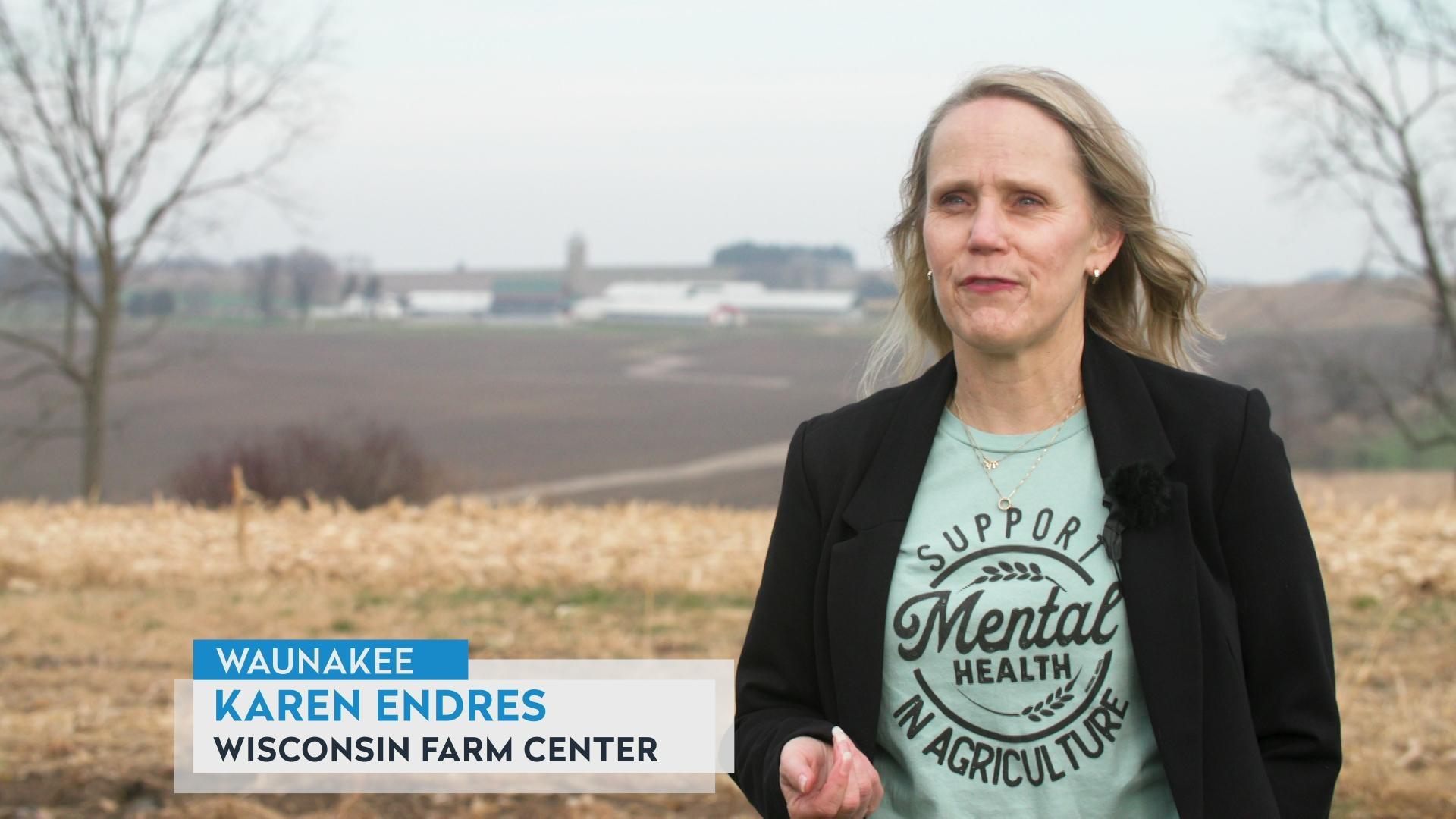
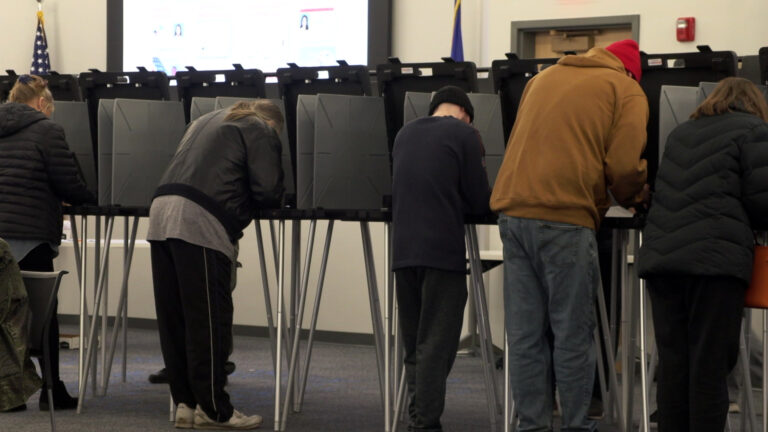
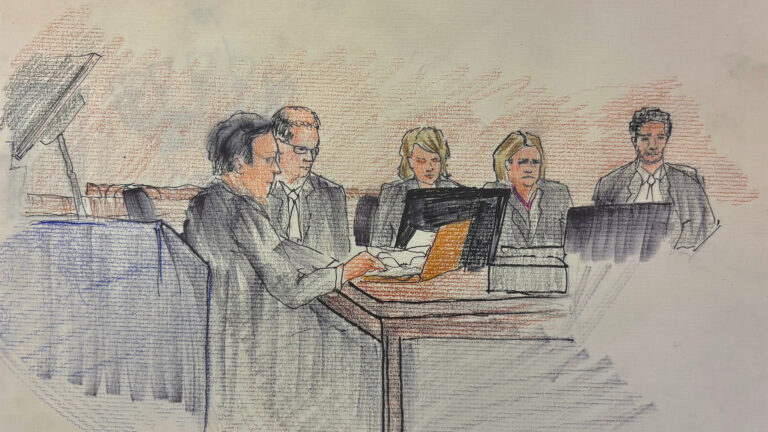

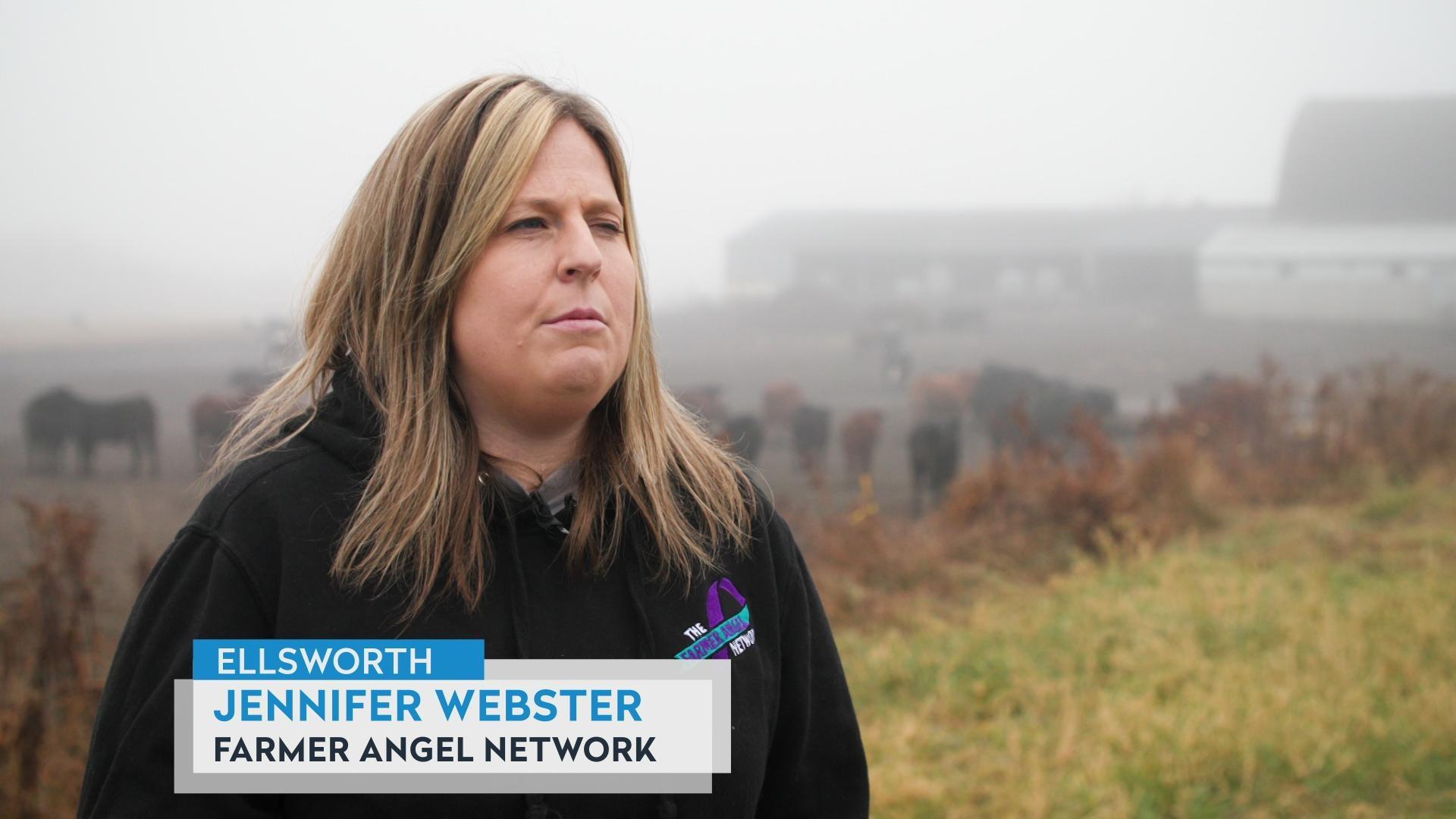
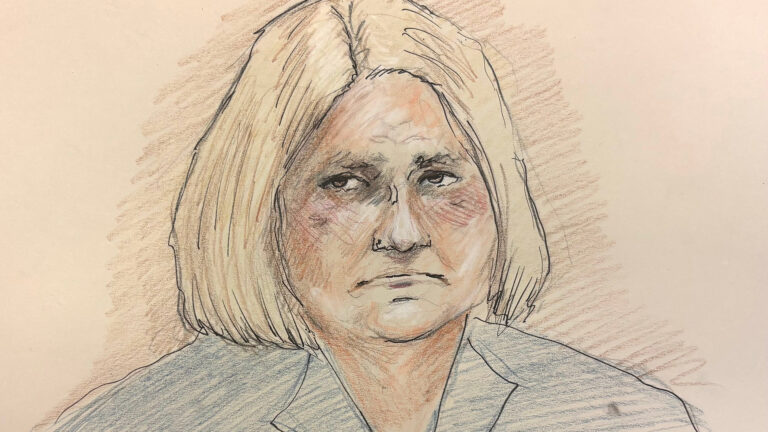
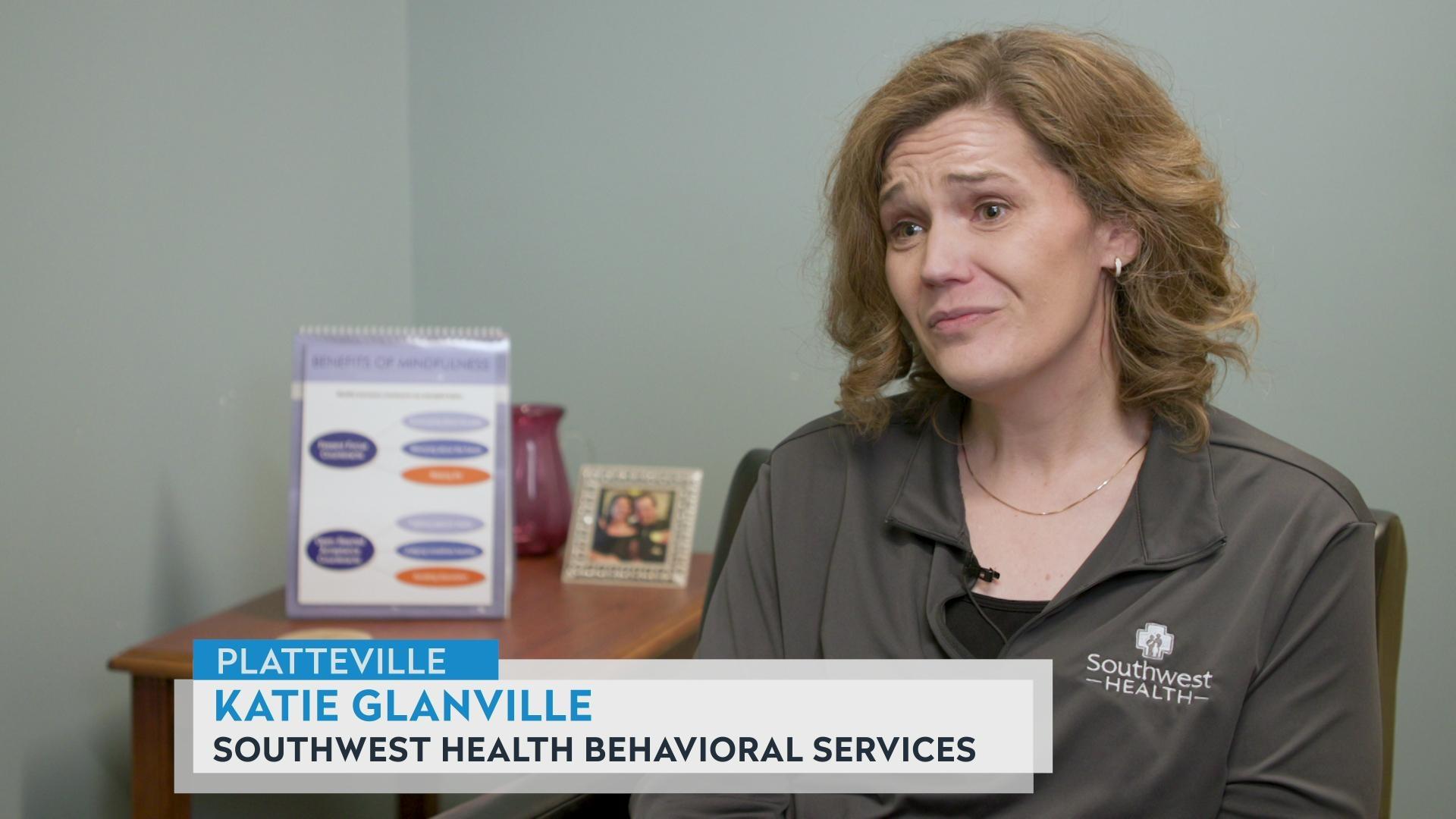






Follow Us